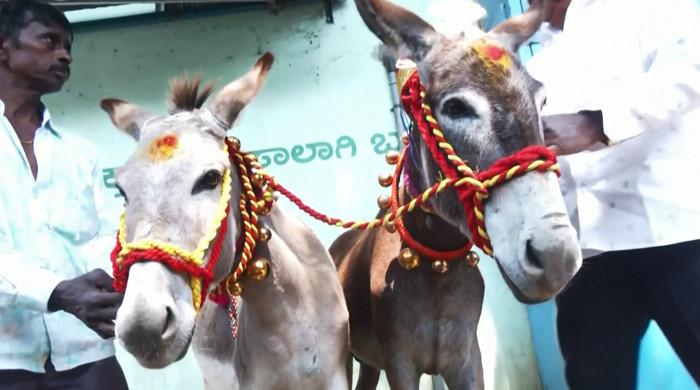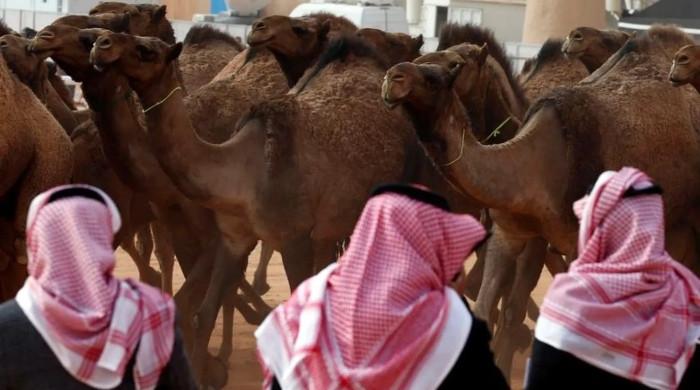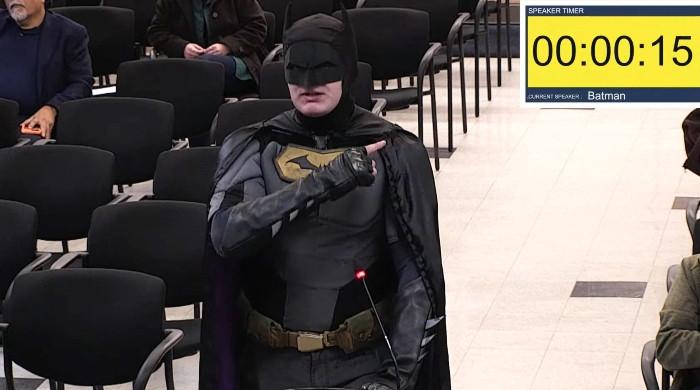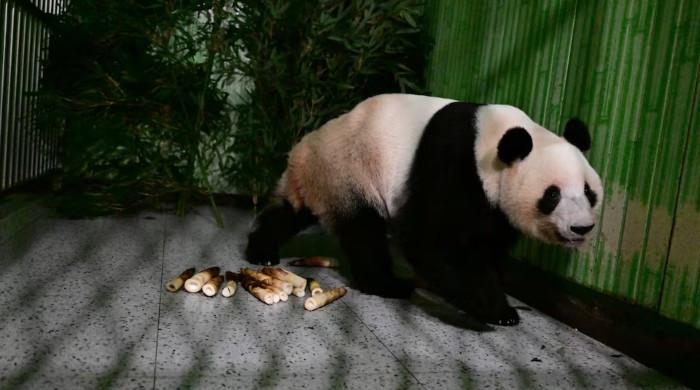Tails of the city: Paris rats find unlikely political ally
Paris district deputy mayor is on a mission to reconcile the capital's residents with its rodents
September 29, 2025
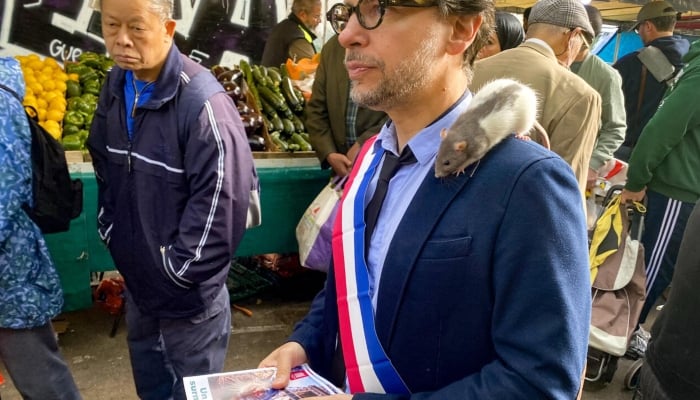
PARIS: It has black button eyes and long, thin whiskers that tremble when it looks around curiously.
Unlike most rats, this one has a name, Plume, and gets to enjoy the rare privilege of wandering around Paris on the shoulder of its owner, a local politician.
Gregory Moreau, a Paris district deputy mayor, is on a mission to reconcile residents with the capital's population of rats which, it is said, outnumber the inner city's two million human residents by a big margin.
"Hello, have you ever seen a rat?", Moreau asked an unsuspecting woman carrying two shopping bags around a market in Belleville, a bustling eastern Parisian neighbourhood. "Look what I'm carrying on my shoulder."
The woman eyed the rodent sceptically, then broke out in a smile. "Is that Ratatouille?", she asked, a reference to the titular character of the Disney animated film about a rat that can cook.
Myths and tales about rats have been part of Paris folklore for centuries, giving the rodents an overwhelmingly unfavourable rap.
"Rats have a bad image because they spread the plague in the 14th century," said Moreau, who is a member of the PA animal rights party and a qualified physics theorist.
But these days, he said, the role of rats in the transmission of illnesses is negligible, except perhaps for leptospirosis, a bacterial infection transmitted from animals to humans that occurs mostly in the countryside.
Moreau never tires of campaigning, including by distributing leaflets with pictures of cute-looking rats in front of the Eiffel Tower, and by urging passers-by to recognise the usefulness of the rodents.
'Fantasy world'
"They eat about 100 tons of waste in Paris every day," he said, thus preventing the city's sewer system from clogging up.
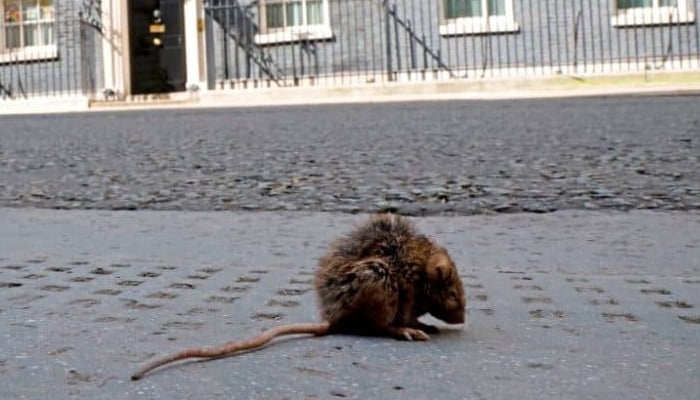
When challenged about complaints of too many rats in playgrounds and parks, Moreau acknowledges a need for rodent control.
But, he says, there are gentler methods than traditional rat poison, which he calls both cruel and ultimately inefficient because rodents become immune to its toxicity and often learn to avoid the bait in the first place.
Moreau said it makes more sense to avoid leaving food waste in the streets, which is a problem in Paris, especially around fast-food outlets.
"If the rats don't find food they don't multiply as much," he said.
Predictably, the rat-friendly deputy mayor has encountered opposition, most ferociously from Geoffroy Boulard, district mayor in a chic western neighbourhood of Paris.
Boulard has been viewed as the capital's top rodent-hater ever since local paper "Le Parisien" published a picture of him holding four dead rats dangling by their tails.
Boulard's anti-rat credentials even earned him an invitation to last year's inaugural edition of the National Urban Rat Summit in New York.
"Anyone claiming that we should co-exist with rats lives in a fantasy world," Boulard said.
Any let-up in the fight would "threaten public health", said Boulard, who has installed traps in his district that attract rats with food before killing them via an app-controlled mechanism.
The traps, costing 800 euros ($940) each, kill about 800 rats per year — only a tiny part of the rat population.
But Boulard says fewer reports of rat sightings from concerned citizens on a designated website suggest that his approach is working.




